The automotive industry is undergoing a rapid, complex and exciting transformation process. Not only the product "automobile", but also mobility as a holistic eco-system must be fundamentally rethought. New technologies such as alternative powertrains and digital features, networking and autonomous driving are becoming increasingly important in the industry. Changes and innovations occur every second. Want an update? We present concrete contents of our current mobility concepts, technologies and services.
In a sense, a 360° view into our mobility cosmos: from the further development of our mobility concept EDAG CityBot, to our skills in the area of software & digitalisation, to the future topics of smart city, autonomous driving and artificial intelligence. For this purpose, we have prepared impulse presentations on the above-mentioned topics in TechTalks for you, which you can experience "on demand" after registration.
Come along and be inspired!
The Executive Management of the EDAG Group
"The cooperation between mobility providers and cities continues to grow with digitalisation and new offerings. For you, I uncover the top 4 smart city strategies in the field of mobility in Germany and share valuable project experiences."
Alexander Süssemilch
Product owner connected mobility services (EDAG Engineering)
"Digitalisation opens up previously unknown potential for cities to make their mobility services more demand-oriented, ecological and economically efficient. We are now in a phase of setting the course for how we will use the newfound possibilities for increased connectivity, simulation and participation for our mobility systems."
Dimitri Ravin
Initiator & Publisher of Urban Digital (Urban Digital)
"Electrification, in accordance with the principle of renewable energies, is an important element for low-emission mobility of the future. Mobility, digital services and the energy sector are moving closer together for a successful transformation of energy systems."
Roberto Diesel
Project Director (EDAG Engineering)
"E-mobility, regardless of whether the vehicles have battery-electric or fuel cell drives, should not be put on the back burner just because we don't know what the future holds. The Polish philosopher and author Stanislaw Brzozowski once said, "You don't recognize the future, you create it!" So let's get started."
Aron Deutschländer
Program Manager eDrive & Energsystems (EDAG Engineering)
"We operate in an increasingly fast-changing market environment with volatile customer requirements and constantly new technologies. Those who decide to embrace agile transformation as a response to these challenges are deciding on a long-term change in culture and values."
Lara Hogeweg
Scrum Master & Agile Coach (EDAG Engineering)
"A lot needs to happen before we see highly automated vehicles in private hands. Above all, we need more intelligent overall software architectures, but also more computing power and better-performing sensors."
Benjamin Krause
Technical Expert for Highly Automated Driving, Computer Vision & Sensors (EDAG Engineering)
"There will be no absolute safety. That is why ISOs such as Functional Safety or Automotive Cybersecurity are extremely important. On the one hand, they protect people and the environment from malfunctions, and on the other hand, they promote safe driving in a car with increasing digitalisation and networking."
Yvonne Kania
Head of Department E/E & Site Manager (EDAG Engineering)
"Only a holistic view of all cybersecurity challenges and an overall strategy derived from it can lead to the success of the mobility solutions of the future. New cybersecurity technologies must be able to serve vehicles and infrastructures as a whole."
Oliver Jäger
Corporate Cybersecurity und Functional Safety Manager (EDAG Engineering)
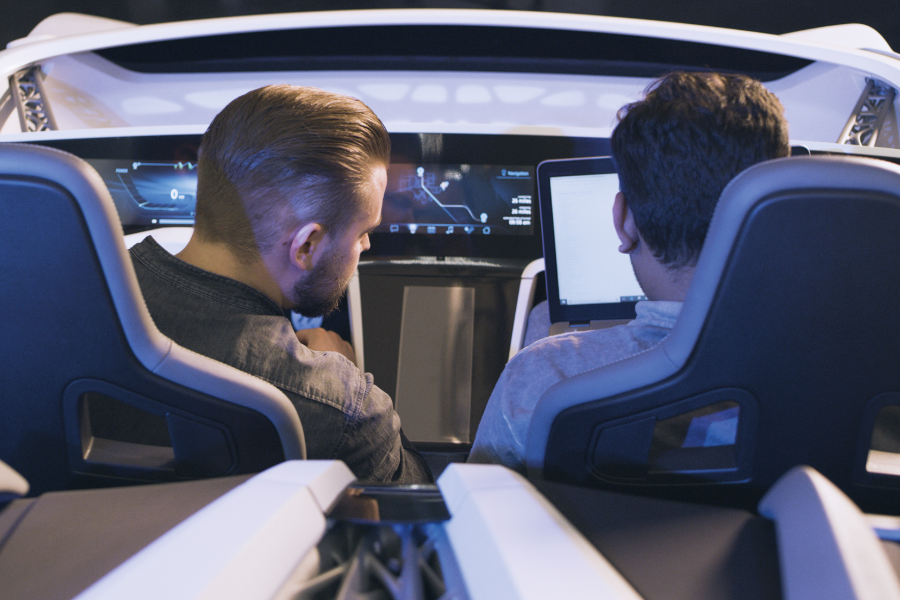
Die Transformation der Mobilität im 21. Jahrhundert - vom Vehikel zum smarten
und vernetzten System im Netzwerk des IOT
Termin: 07. Oktober 2021, 14 - 15 Uhr
Die Entwicklung des Automobils nahm ursprünglich als Konkurrenz zur Pferdekutsche im 19. Jahrhundert ihren Lauf. Im 20. Jahrhundert entwickelte sich das Automobil zu einer massentauglichen, komfortablen und hoch individuellen Transportmöglichkeit.
Heute fokussieren wir uns in der Entwicklung auf elektrische Antriebe, (teil-)autonome Fahrfunktionen und der Vernetzung des Fahrzeugs mit weiteren Verkehrsteilnehmern. Softwarefeatures, Userinterfaces und Maschine-zu-Maschine-Interaktion (wie z.B. Micropayments) sind in der Fahrzeugentwicklung wichtiger denn je – anstelle einer Pferdekutsche mit e-Antrieb entsteht ein „Computer on wheels“.
Folgenden Leitfragen aus dem Bereich „Computer on wheels“ / digitale Transformation der Mobilität sollen diskutiert und beantwortet werden:
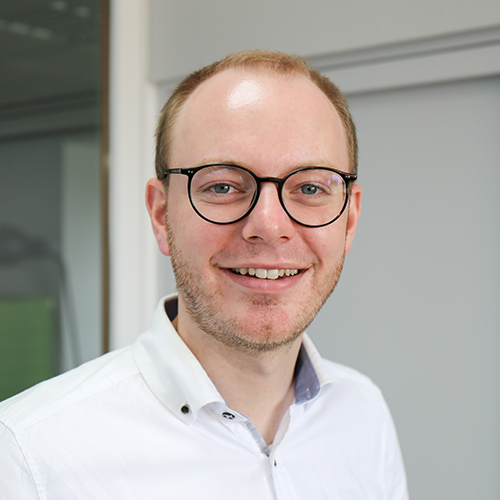
ALEXANDER SÜSSEMILCH
"Future Mobility bedeutet eine deutlich vernetztere Zusammenarbeit der unterschiedlichen Player als bisher. Gemeinsam mit EDAG-Kolleg/innen sowie einem Vertreter der Distributed Ledger Technologie IOTA werde ich als Moderator des Live-Events für Sie den aktuellen Status Quo und die Auswirkungen von computer on wheels auf OEMs, Städte und Bürger/innen kritisch zu hinterfragen und ein gemeinsames Zukunftsbild zu diskutieren."
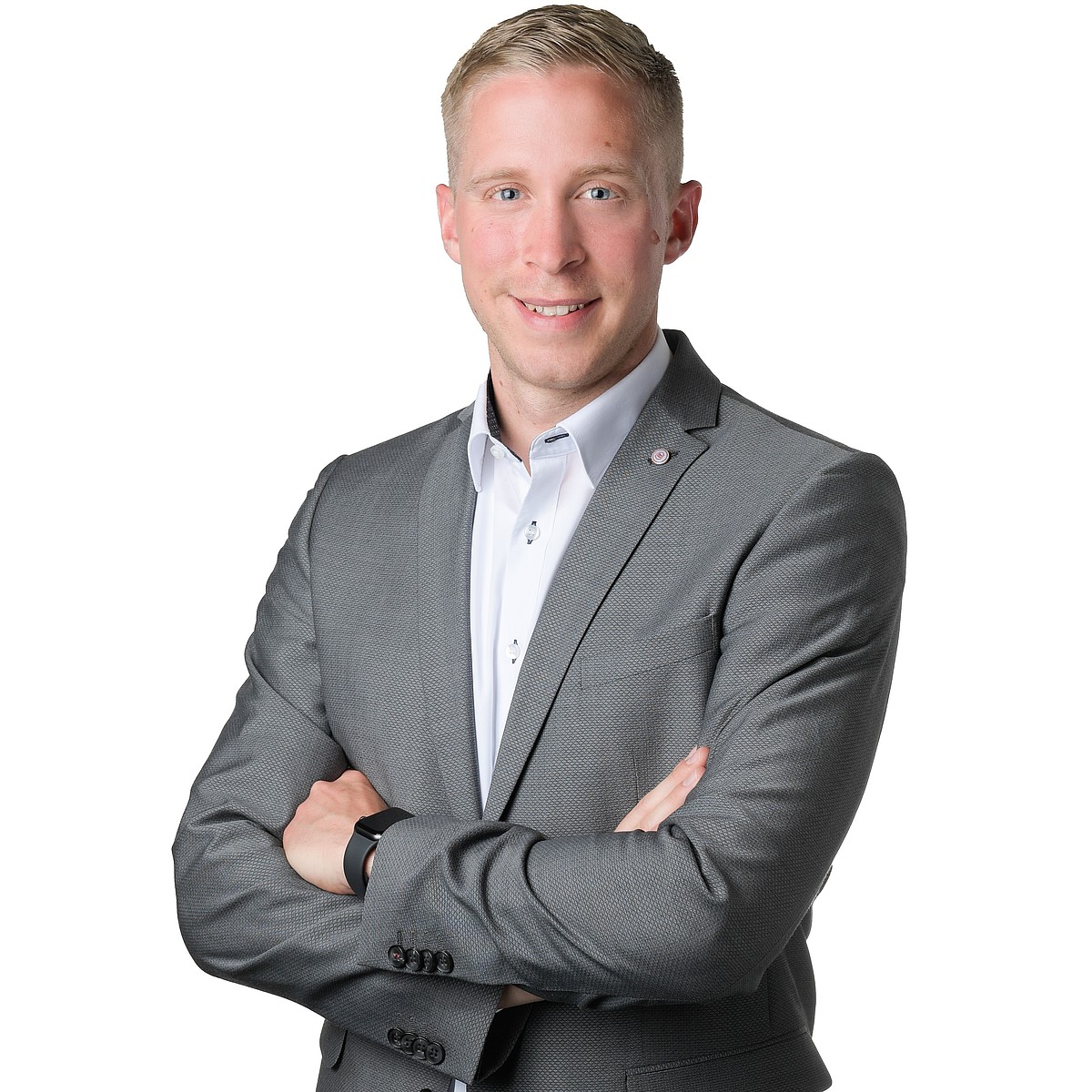
NIKOLAI PAPPERT
"Computer on Wheels? Aus meiner Sicht ist es nicht zielführend, wenn in Zukunft die Autos im urbanen Raum autonom gesteuert im Stau stehen."
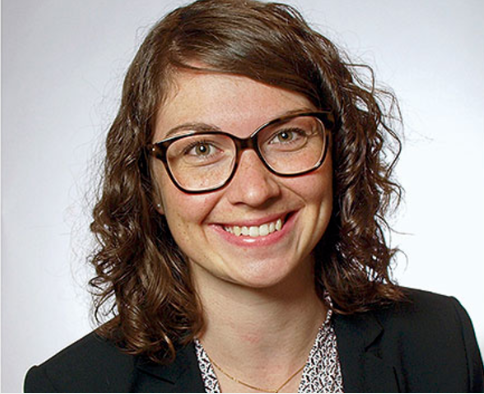
NATHALIE KLINGLER
"KI gibt es schon lange. Aber durch die Ressourcen, die sich uns heute bieten, können wir sie immer umfänglicher einsetzen. Der nächste große Schritt wird nun sein, sie bis ins Detail zu verstehen, um sie auch in sicherheitskritischen Situationen einsetzen zu können."
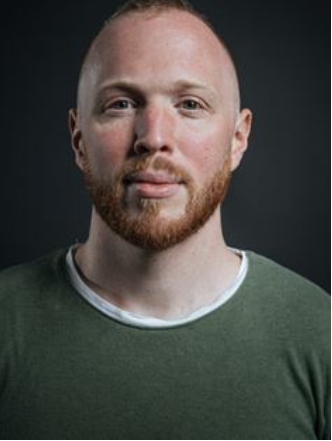
MARKUS KOHOUT
"Das Lernen durch Scheitern steht dem automatisierten Fahren leider nicht zur Verfügung. Konzepte müssen erprobt werden - die Frage ist wie."
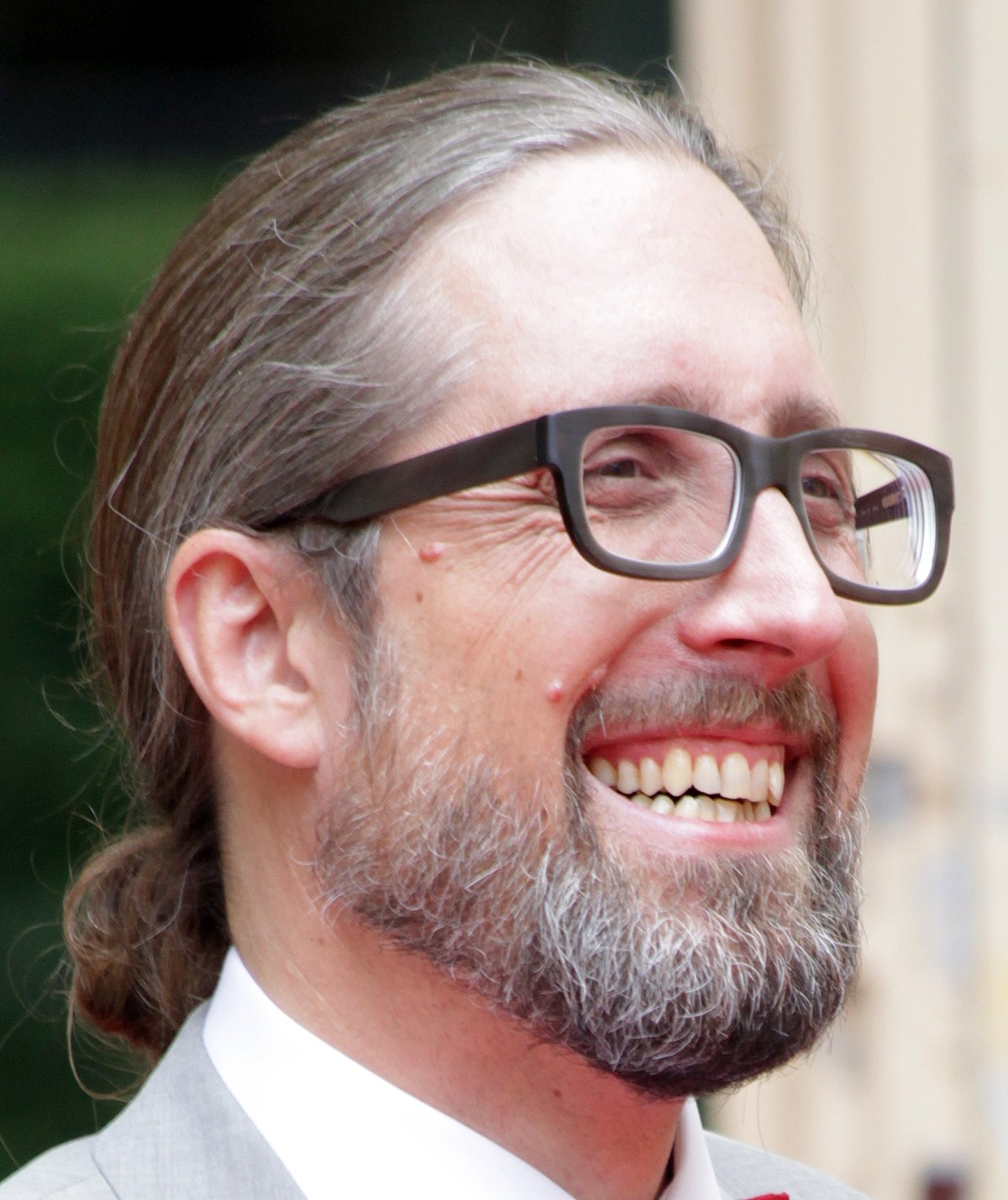
TOBIAS WILLHAUCK
"Dank IOTA wird mein Auto in Zukunft seine Versicherung und Betriebskosten selbst verdienen und bezahlen."